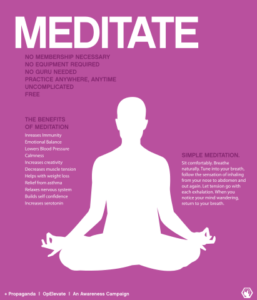“in whom are hidden all the treasures of wisdom and knowledge” (Colossians 2:3).
We can find one of the most concise and helpful definitions of wisdom and knowledge in an observation from the following commentary…
“Knowledge is the apprehension of truth; wisdom is its application to life. Knowledge is prudent judgment and wisdom is prudent action. Both are found in Christ (cf. Rom. 11:33; 1 Cor. 12:8)…” (1)
Another commentator applies these concepts in the context of this passage…
“The force of this passage then is this: all, and not merely some of the treasures of wisdom and knowledge are contained in Christ; therefore the search for them outside of Him is doomed to failure. But not only are they in Christ, but they are contained in a hidden way. Therefore they do not lie on the surface, but must be sought for earnestly, as men seek for hidden treasure. They are not matters of external observances, such as the false teachers enjoined, but to be apprehended by deep and serious meditation.” (2)
 This insight provides us with an opportunity to examine the differences between the Biblical definition of meditation and the type of meditation that is associated with various “new age” or eastern religions. For instance, the Biblical concept of meditation involves reflecting upon the subject of God and His Word. This kind of meditation involves learning about God through the Biblical Scriptures and thinking about how that knowledge should impact our lives.
This insight provides us with an opportunity to examine the differences between the Biblical definition of meditation and the type of meditation that is associated with various “new age” or eastern religions. For instance, the Biblical concept of meditation involves reflecting upon the subject of God and His Word. This kind of meditation involves learning about God through the Biblical Scriptures and thinking about how that knowledge should impact our lives.
The Old Testament book of Joshua encourages this type of meditation with the following exhortation…
“Always remember what is written in the Book of the Teachings. Study it day and night to be sure to obey everything that is written there. If you do this, you will be wise and successful in everything” (Joshua 1:8 NCV).
On the other hand, many alternative types of meditation often involve “emptying” one’s mind to achieve some type of physical response or altered state of consciousness. This kind of meditation may involve the use of mantras (a word or syllable that is chanted or sung as a prayer or as an aid in concentration), breathing exercises, or specific body postures to help achieve a feeling of spiritual enlightenment.
Since this approach does not have its origin in the One “in whom are hidden all the treasures of wisdom and knowledge” it can never lead to genuine spiritual enlightenment.
This serves to illustrate the importance of defining a term like “meditation.” One type of meditation acknowledges and honors God while the other does not.
(1) John F. Walvoord and Roy B. Zuck Bible Knowledge Commentary [note on Colossians 2:2-3]
(2) Kenneth S. Wuest, Word Studies in the Greek New Testament [note on Colossians 2:2-3] Copyright © 1942-55 by Wm. B. Eerdmans Publishing Co.
Image Credits:
Bible Reading: Ben White benwhitephotography [CC0], via Wikimedia Commons
Meditation: Bryan Helfrich [CC BY-SA 3.0], via Wikimedia Commons

